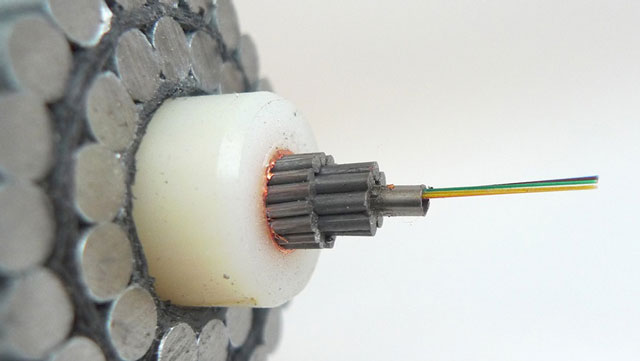
Local telecommunications companies could regret spending around R1bn each on a new African broadband cable if the project goes ahead, says an expert.
On Monday, Hong Kong ICT firm PCCW said Telkom, MTN, Saudi Telecom Company (STC) and Telecom Egypt (TE) signed a memorandum of understanding to build Africa-1.
The Africa-1 submarine cable system is planned to stretch 12 000 km from South Africa to Saudi Arabia, Egypt and Pakistan and provide more broadband capacity to Africa. The PCCW statement further said the cable could go live in late 2017.
Talk of Africa-1 comes after cables such as Seacom, Eassy and Wacs have been lit since 2009.
But Chris Wood, CEO of African connectivity wholesaler WIOCC and co-chair of the Eassy consortium, says Africa currently has enough broadband capacity.
“It (Africa-1) will be a totally unnecessary system,” Wood said by phone from Nairobi, Kenya.
“Eassy has 10Tbit/s of capacity available to it. At the moment, just over half a terabit has been lit and of that half a terabit, only about half of that is actually being used,” Wood said.
“Eassy will upgrade another two terabits next year and that will take at least another two or three years to soak up into the market,” Wood said.
Wood explained that other networks such as Seacom and Wacs also have enough spare capacity and that the technology on these cables allows for significant capacity upgrades.
He further said it could cost up to US$400m (R5,7bn) to build Africa-1. This means that Telkom and MTN may each have to contribute around $80m (R1,1bn) each towards Africa-1.
“I think when it gets to the business case stage, people will look at it and say, well, what are the alternatives? Do we need another system? Or do we need to use the existing system?” Wood said.
Telkom earlier this week played down its involvement in Africa-1 as the company said it hasn’t financially committed to Africa-1 despite signing a memorandum of understanding.
Meanwhile, MTN in a statement said that it supports the planned build of the cable.
“The Africa-1 initiative provides another opportunity to ensure long-term capacity supply, beyond the design capacity limit of some of our current investments,” said John Unterhorst, the group executive of global carrier services and network/IP projects at MTN.
However, Unterhorst said “the configuration of the initiative will form part of the ongoing scoping of the project by all parties”.
“At this stage of the initiative, the Africa-1 footprint includes a terrestrial route across Pakistan and a new route across Egypt, all benefitting some of our markets in the Middle East and North Africa region”, Unterhorst said.
Hong Kong’s PCCW had not responded to questions about the viability of the proposed Africa-1 project at the time of writing.
In the meantime, WIOCC’s Chris Wood says talk of new cables could just be a passing phase.
“I think these things go in cycles. Big companies have big submarine cable departments, they build cables and then they move onto the next one,” Wood said.“I don’t think there’s an economic case to build a new cable and I think that when they all look at it very closely, they’ll all come to that pretty similar conclusion,” Wood said.

